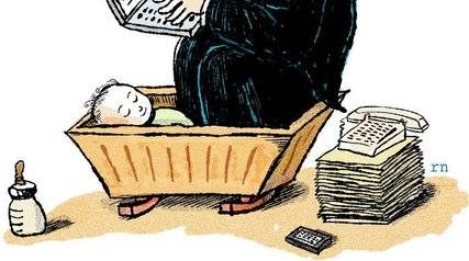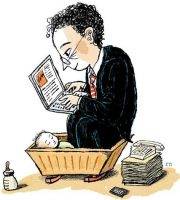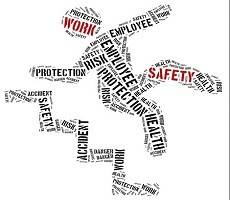August 30, 2016
Overwork leads to sleeplessness and lower workplace productivity 0
 A new study claims that there is a direct link between sleep and productivity. A survey of more than 97,000 employees in 33 industries and 139 countries from Global Corporate Challenge (GCC), found evidence of a link between sleep and performance. Currently, one in three adults regularly fail to get enough sleep, according to the US’ Centers for Disease Control and Prevention (CDC); and Harvard Medical School estimates that the cost adds up to USD $63.2 billion annually. This includes money lost through absenteeism as well as the accidents, mistakes, and impaired productivity employees suffer when they do show up to work. And the one of the primary causes is working long hours and forms of presenteeism such as checking emails at home. To help combat this problem the report urges those at the top of the organisation to set an example and demonstrate that working long hours in exchange for reduced sleep is counterproductive and won’t be encouraged.
A new study claims that there is a direct link between sleep and productivity. A survey of more than 97,000 employees in 33 industries and 139 countries from Global Corporate Challenge (GCC), found evidence of a link between sleep and performance. Currently, one in three adults regularly fail to get enough sleep, according to the US’ Centers for Disease Control and Prevention (CDC); and Harvard Medical School estimates that the cost adds up to USD $63.2 billion annually. This includes money lost through absenteeism as well as the accidents, mistakes, and impaired productivity employees suffer when they do show up to work. And the one of the primary causes is working long hours and forms of presenteeism such as checking emails at home. To help combat this problem the report urges those at the top of the organisation to set an example and demonstrate that working long hours in exchange for reduced sleep is counterproductive and won’t be encouraged.






















 A ‘stiff upper lip’ attitude towards wellness by UK bosses needs to change in order to advance employee wellbeing, argues a survey by Bupa. It is business leaders who are the key to overcoming the challenges facing employees’ health and wellbeing, it claims. The vast majority (94 percent) of those questioned believe there will be significant change in the employer-employee relationship in the next ten years. 91 percent of business leaders agree that technology will continue to impact the wellbeing of their workforce over the next decade and 71 percent agree the standard 9am-5pm working day is a thing of the past. Seven in ten (68 percent) noted a ‘stiff upper lip attitude’ at executive level, creating barriers to conversations about wellbeing, and three fifths (62 percent) of leaders think they need to show that they don’t suffer from ill health.
A ‘stiff upper lip’ attitude towards wellness by UK bosses needs to change in order to advance employee wellbeing, argues a survey by Bupa. It is business leaders who are the key to overcoming the challenges facing employees’ health and wellbeing, it claims. The vast majority (94 percent) of those questioned believe there will be significant change in the employer-employee relationship in the next ten years. 91 percent of business leaders agree that technology will continue to impact the wellbeing of their workforce over the next decade and 71 percent agree the standard 9am-5pm working day is a thing of the past. Seven in ten (68 percent) noted a ‘stiff upper lip attitude’ at executive level, creating barriers to conversations about wellbeing, and three fifths (62 percent) of leaders think they need to show that they don’t suffer from ill health.










August 23, 2016
US Millennials ‘martyred’ behaviour helps drive culture of presenteeism 0
by Sara Bean • Comment, Flexible working, News, Wellbeing, Workplace
(more…)